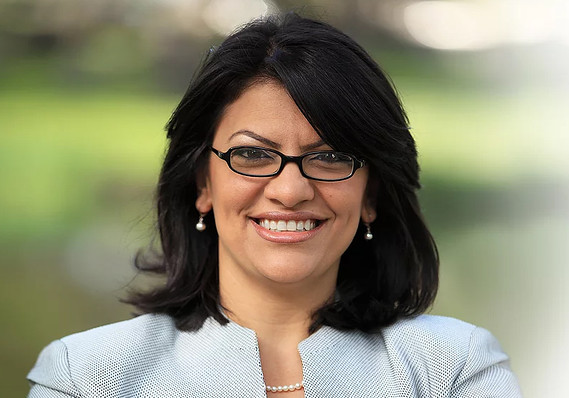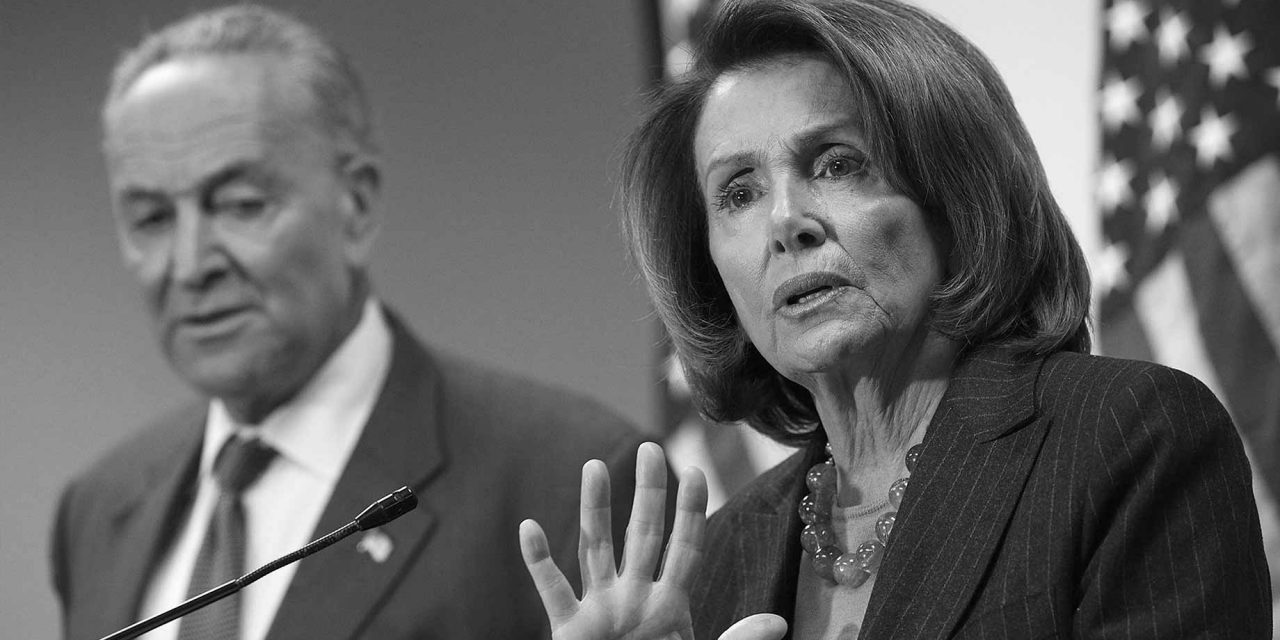A recent poll shows that Democratic voters, by a wide margin nationwide, don’t want Nancy Pelosi as the next speaker of the House, and two incoming representatives from Michigan could play a role in the upcoming leadership vote on Capitol Hill.
A Gallup survey conducted Oct. 15-28, before the midterm elections, found that by a 56-39 percent margin — 17 points — Democrats and Democratic-leaning independents said Pelosi should be replaced as their leader in the new Dem-majority House.
The Jan. 3 House vote for the speakership is still several weeks away and it’s unclear who, if anyone, will challenge Pelosi, 78, who has served as the House Democratic leader for 16 years. The San Francisco Democrat’s intra-party detractors seek a new generation of House leadership, yet those who hope for change are hardly a monolithic group.
Whether re-elected or newly elected, for some Democratic House members, Pelosi is too liberal; for others she is not liberal enough. Among the electorate, the Gallup poll found that liberals and moderates want a new speaker in nearly equal numbers.

Tlaib

Slotkin
Amid the upheaval in the Michigan congressional delegation generated by the Nov. 6 election, two Democratic newcomers, Rashida Tlaib of Detroit and Elissa Slotkin of Holly, have not pledged support to Pelosi. Tlaib seems ambivalent while Slotkin on the campaign trail called for new leadership.
The Washington Post reports that the potential fight brewing over the speakership involves undecideds who represent some of the biggest names among the incoming freshman class: New York’s Alexandria Ocasio-Cortez, the youngest House member in history; Ayanna Pressley, the first black woman from Deep Blue Massachusetts to serve in Congress; and Tlaib, one of the two original Muslim congresswomen ever, elected last week.
A Post reporter asked Tlaib at the Capitol on Monday who will get her vote for speaker. Tlaib, while heading into a meeting, offered a snarky response: “Do you know who’s running?”
No one knows at this point if a challenger to Pelosi is running but some Dem lawmakers and congressional aides have been engaged in a subterranean attempt to dislodge her. They are reportedly soliciting signatures for a letter to the Democratic caucus which would assert that Pelosi cannot win the January floor vote. After that broadside, they argue, a challenger will quickly emerge.
So far, it appears that the California congresswoman lacks the support of a dozen Democratic members of the 116th Congress that will be seated in January. With votes still being counted from the general election, it looks like the Democrats will hold an advantage of no more than 35 to 40 seats in the new Congress.
Still, a Pelosi loss in the speakership vote would be labeled an astounding upset within the machinations of internal politics of Capitol Hill.
In recent days, she has enjoyed gushing praise from special interest groups representing organized labor, environmental protection, women’s issues and LGBT rights.
Pelosi has brushed aside the prospect of a serious challenger even after Republicans have used her as a foil in the last two congressional elections. For example, in July, when the election prognosis pointed toward the Dems regaining control of the House, Pelosi called fellow Democratic Rep. Tim Ryan “inconsequential.”
Ryan, a moderate from the heart of the Ohio Rustbelt, challenged Pelosi in the post-election 2016 vote for House Democratic leader and lost by a wide margin, 134-63, in a closed-door Democratic Caucus meeting.
Meanwhile, Pelosi supporters on Capitol Hill point out that GOP efforts to demonize her in the 2018 congressional campaigns failed. According to a Washington Post-Schar School poll, only 7 percent of voters in battleground House districts said Pelosi was one of the top two issues affecting their vote for Congress.
At the same time, the veteran congresswoman was widely unpopular in a national exit poll of voters overall on Election Day, with 31 percent expressing a favorable opinion of her while 56 percent had an unfavorable view.
As Gallup reported: “Pelosi has had consistently weak favorability ratings with the public at large since becoming a national figure. Pelosi’s ability to repair her national image could be important to Democrats’ efforts to win public support for their policy proposals over the next two years.”
Photo: Gallup.com










Holy crap, democrats actually want something sane for the first time in a decade!